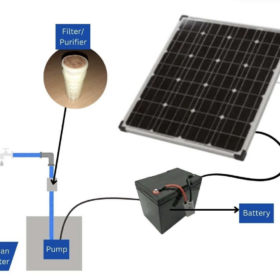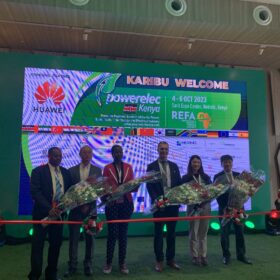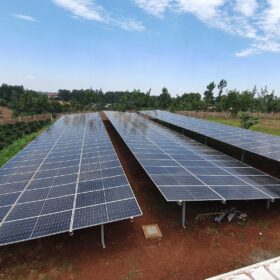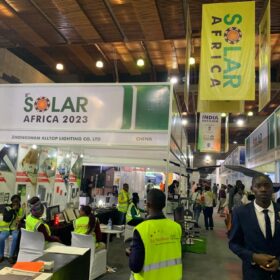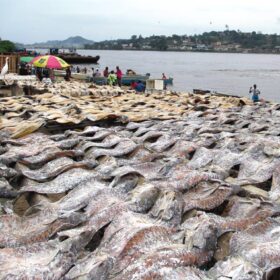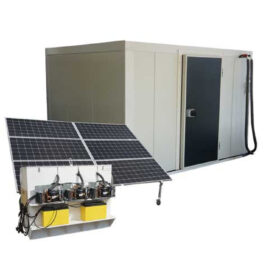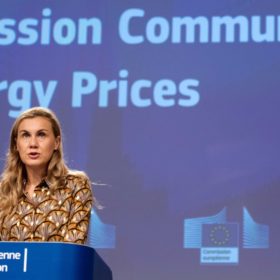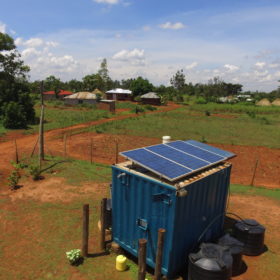Kenyan startup offers PV-powered water filter
Inno Neat has developed a solar-powered water filter that removes contaminants such as bacteria, viruses and heavy metals for rural communities.
Key takeaways from Powerelec Kenya
Kenya recently hosted the solar-focused Powerelec Kenya event, alongside the Renewable Energy Forum Africa 2023, in Nairobi. AFSIA and SolarPower Europe organized the event with the support of Get-Invest.
Kenya’s first hybrid solar-hydro plant goes online
Located near Nairobi, the project consists of a 150 kW solar array, a 50 kW crossflow turbine and a 240 KWh storage facility. SolarNow director and CFO Ernst Vriesendorp told pv magazine that despite the project’s humble size, it has ‘large’ benefits.
The Hydrogen Stream: Gulf nations moving forward with tech cooperation
Acwa Power and Eni have signed a hydrogen development deal, while AFC Energy has signed an agreement with Tamgo to sell hydrogen generators.
Kenya launches tender for off-grid solar plants
National utility Keny Power is tendering solar microgrids that will be located in Mandera, Wajir, Garissa, Tana River, Lamu, Narok, Kilifi, and Kwale.
Key takeaways from the Solar Africa 2023 expo
The latest edition of the Solar Africa 2023 expo held last week in Nairobi has seen the participation of 75 exhibitors and 4,000 visitors. pv magazine was there to follow the event and explore the potential of the solar markets in East and Central Africa.
Producing the goods
Germany’s Fraunhofer Institute for Solar Energy Systems (ISE) is demonstrating how a solar-powered refrigeration unit and dryer could be self-sustaining and improve food security in Kenya.
Solar-powered cooling solution for off-grid applications
Phaesun and Solar Cooling Engineering have developed a PV-powered cold room for small-scale farmers in Africa. The solution, which has been installed at a farm in Kenya, includes a 2.8 kW solar array and vapor compression heat pumps.
The Hydrogen Stream: Europe to launch hydrogen auctions
The European Commission says it will set up the new European Hydrogen Bank by the end of this year, with additional plans to hand out 10-year contracts in a new hydrogen auction. Linde Engineering, meanwhile, is teaming up with several other companies to test solid oxide electrolyzer cells (SOEC) and ammonia cracking technology.
Kenya to combat rural energy access gap with over 130 solar minigrids
Kenya’s government plans to build 137 solar minigrids across remote locations in the East African country. The project received $150 million in funding from the World Bank.
